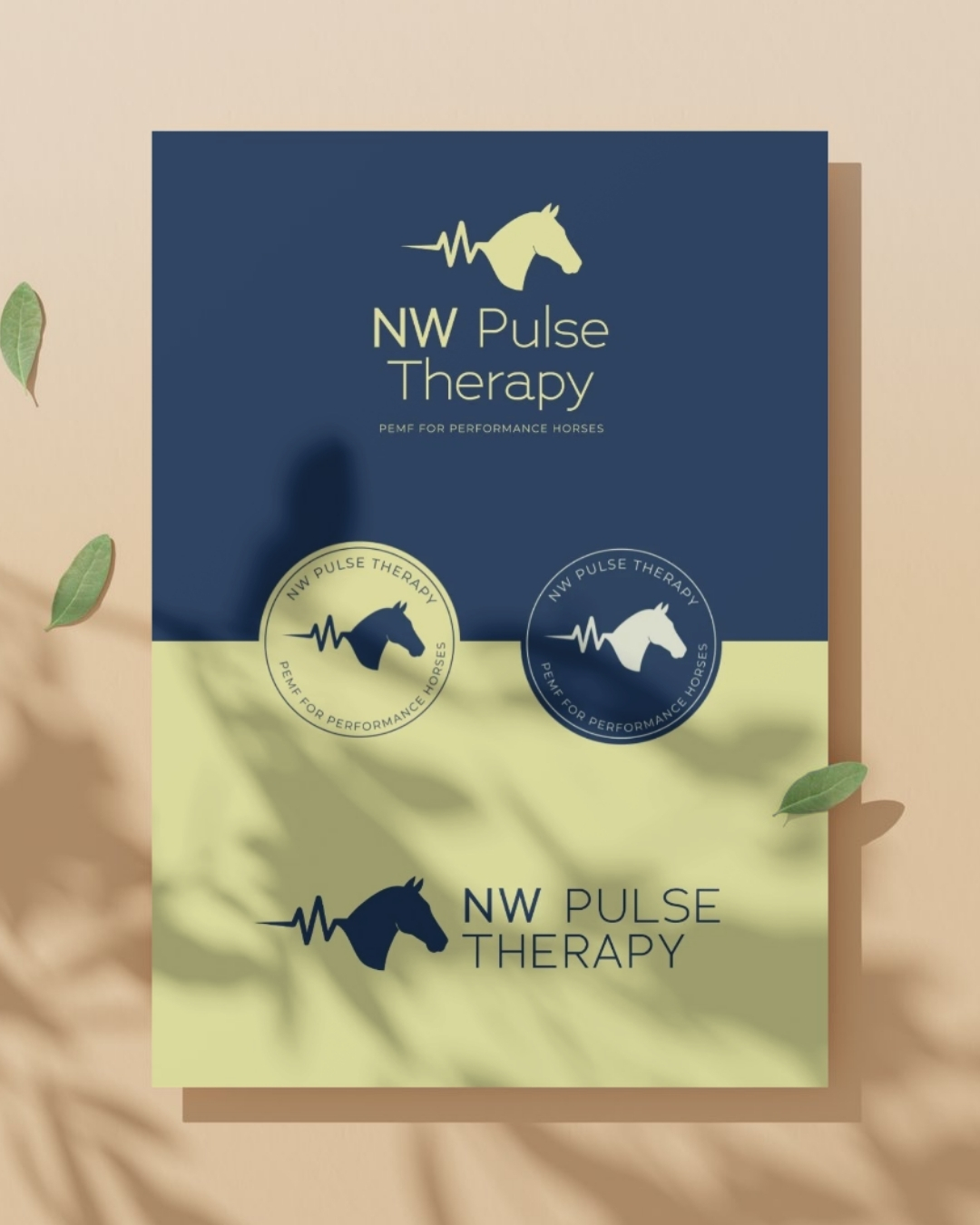Table of Contents
AI content generators are the equestrian world’s equivalent of those “miracle” supplements that promise to transform your backyard pony into Valegro overnight. Everyone’s talking about them, plenty of people are trying them, but the results? Well… let’s just say there’s a reason the top riders aren’t suddenly unemployed.
The AI Content Explosion (Or Should We Say Implosion?)
AI has exploded in popularity because it seems like the perfect tool – set it up once and watch the content flow without any additional effort on your part. Tempting, right?
But here’s the uncomfortable truth that nobody selling AI services wants you to hear: most AI-generated content is about as original as those generic “Horse Girl” t-shirts at the county fair. It’s just recycled information from across the internet, repackaged with slightly different wording and sprinkled with enough weird phrasing to make it look different.
For your equine business and its SEO strategy, churning out this kind of content is about as effective as using a dressage saddle for barrel racing. Technically possible, but definitely not the right tool for the job.
AI's Proper Place in Your SEO Toolkit
Before you dismiss AI completely, let me clarify: AI absolutely has valuable uses in your SEO strategy. Just not as your primary content writer.
Think of AI as your eager working student – helpful for specific tasks but not ready to train the horses on their own. Here’s how to put AI to work effectively:
1. Your Personal Brainstorming Partner
We’ve all sat down to write a blog post only to stare blankly at the screen wondering, “What do horse people actually want to read about?” (Besides horse drama. Everyone wants to read about horse drama.)
This is where AI shines. It can help you:
- Generate topic ideas related to your niche (“What questions do horse owners commonly have about saddle fitting?”)
- Create content outlines that cover major points
- Identify seasonal topics you might have overlooked
- Research what competitors are writing about
AI excels at this because it can quickly process information from across the internet and identify patterns that you might miss. It’s like having an assistant who’s read every equestrian blog post ever written.
For example, you might not have considered writing about “How to prepare your horse trailer for winter storage,” but AI might flag it as a commonly searched topic in October and November.
2. Your Personal Editor (With an Intense Vocabulary)
Editing your own writing is about as fun as cleaning tack. Necessary, but not exactly thrilling.
AI makes an excellent second set of eyes because it:
- Catches grammar and spelling errors (beyond the basics your word processor finds)
- Suggests alternative phrasing when you’ve used the same term too many times
- Identifies sentences that run longer than a Thoroughbred with no brakes
- Helps with formatting and readability
Simply paste in your human-written content and ask, “How could I improve this?” or “Does this flow well?” You’ll get useful suggestions without sacrificing your authentic voice.
3. Your Tone and Language Translator
Many equestrian professionals have deep technical knowledge but struggle to communicate it in layperson’s terms. (I’ve met veterinarians who can explain complex lameness issues to other vets but leave horse owners completely baffled.)
AI can help:
- Simplify complex veterinary or training concepts without losing accuracy
- Adjust overly academic writing to sound more conversational
- Make technical content more engaging without sacrificing information
- Add appropriate humor or warmth to otherwise dry topics
For example, if you’re an equine veterinarian who’s written a detailed explanation of gastric ulcers, AI can help translate it from “medical journal” to “helpful barn aisle advice” without losing the important facts.
4. Your Data Detective
Most of us would rather spend an extra hour at the barn than an hour analyzing website statistics. But understanding your site performance is crucial for SEO success.
AI is particularly adept at:
- Identifying patterns in your Google Analytics that you might miss
- Highlighting which of your content topics perform best
- Suggesting connections between user behavior and content types
- Summarizing complex data reports in plain English
Simply upload or share your analytics data and ask, “What insights can I draw from this?” or “Which pages need improvement?” You’ll get practical suggestions backed by actual data.
Why AI-Generated Content Is SEO Poison
Now for the million-dollar question: Why shouldn’t you let AI write your entire blog posts?
1. It's Definitely not original
AI doesn’t create truly original content. It reconstructs patterns from existing content. This means hundreds or thousands of equine businesses could be publishing nearly identical information with slightly different wording. Search engines aren’t impressed by this, and neither are readers.
Your firsthand experience training young horses in the Texas heat, or fitting saddles to draft crosses, or teaching adult amateurs – that’s unique content that AI can never replicate.
2. The "Uncanny Valley" of Horse Content
There’s something subtly off about AI-written horse content. It’s like watching a movie where it was clear that no horse person was actually involved (cue the awkward, consistent horse whinnies). It uses oddly formal phrases like “equine enthusiasts” instead of “horse lovers,” or relies on clichés like “majestic creatures.”
And don’t get me started on the telltale phrases that scream “AI wrote this!” My personal favorites include:
- “Unleash the potential of your equine partner”
- “In the world of equestrian pursuits…”
- “As horse enthusiasts know all too well…”
- “Navigate the challenges of horse ownership”
Real horse people don’t talk like this, and your readers will notice.
3. Search Engines Are Getting Smarter
Google and other search engines are actively updating their algorithms to identify and devalue AI-generated content. They’re looking for:
- Natural language patterns that reflect human writing
- Genuine expertise that comes from experience
- Original insights rather than repackaged information
- Content that truly serves the reader’s needs
As these algorithms improve, websites relying heavily on AI-generated content are likely to see their rankings drop.
How to Test Your Content for AI Detection
If you’re curious whether content would register as AI-written (or you want to check content from a writer you’ve hired), there are tools for that.
AI detection tools look for subtle patterns that reveal whether a human or AI was behind the keyboard.
My favorite is Zero GPT’s AI Detector (completely free). Just paste your content, and it will tell you what percentage of your article it believes was AI-generated. It’s not perfect, but it’s surprisingly accurate.
Here’s my non-sugar-coated take: If this technology exists and is accessible to anyone with internet access, you can bet your favorite riding boots that Google is using something similar or more advanced. This means AI-generated content is increasingly likely to be flagged and penalized in search rankings.
The Bottom Line: Be Authentically You (With Some AI Assistance)
Your expertise, voice, and experiences are your most valuable SEO assets. No AI can replace the knowledge you’ve gained through years of working with horses and clients.
Use AI as the helpful barn assistant it is – let it handle the tedious tasks, help organize your thoughts, clean up your writing, and analyze your data. But when it comes to sharing your unique perspective and expertise, that’s still very much a human job.
Your readers (and search engines) will thank you for it by actually finding, reading, and engaging with your content. Which, after all, is the whole point of SEO in the first place.



